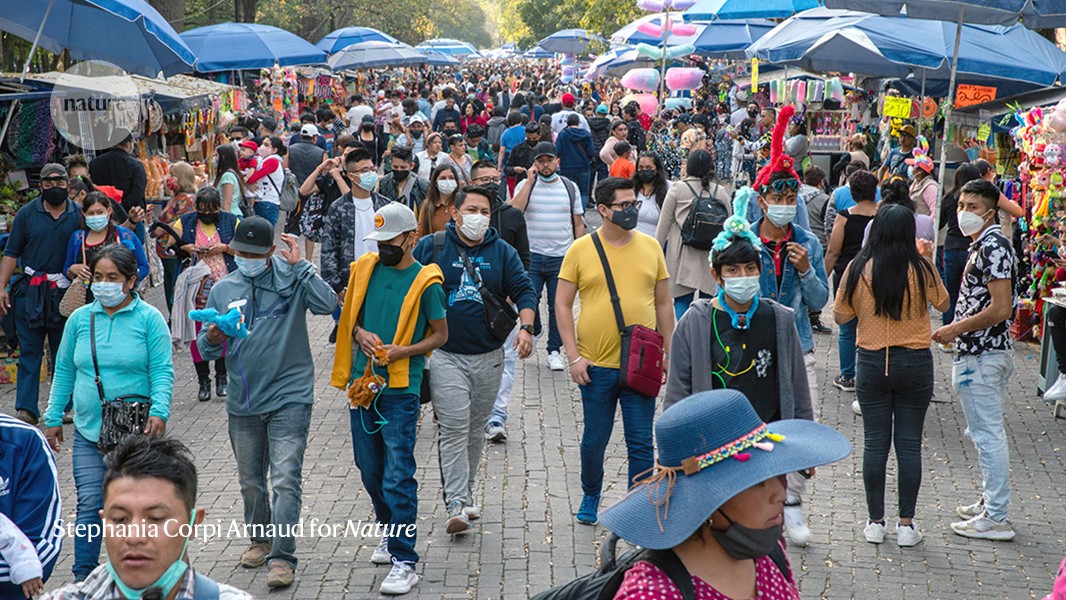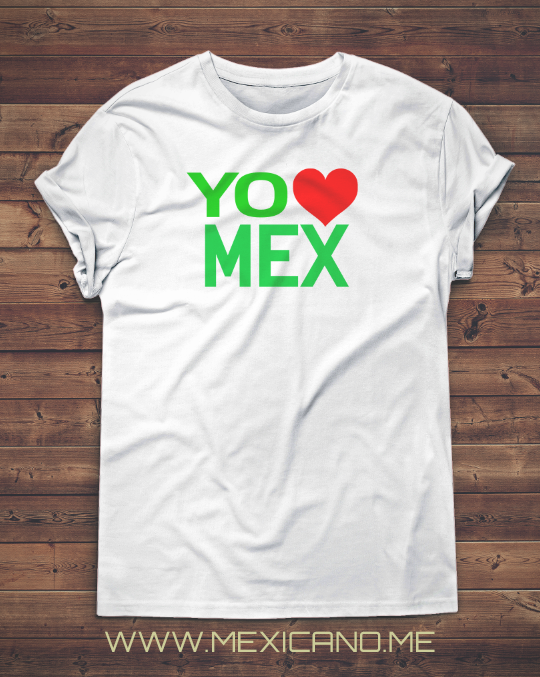An interesting read regarding Mixed Race in Mexico.
How the mixed-race mestizo myth warped science in Latin America. By Emiliano Rodríguez Mega
Researchers are trying to dismantle the flawed concept of homogeneous racial mixing that has fostered discrimination in Mexico, Brazil and other countries.
In the 1960s, the United Nations cultural organization UNESCO recognized that there is no genetic evidence for the existence of human races. Still, scientists were interested in studying race mixture, sometimes in ways that supported racist ideas at the time. And Latin America was seen as the perfect real-world laboratory in which to do so.
In Mexico, physician-turned-geneticist Rubén Lisker used genetic markers to map enzyme deficiencies and abnormal haemoglobins, the body’s oxygen-carrying proteins, in what he called “the Indians, the descendants of the Spanish and their mix”. His approach followed the dominant ideology in Mexico, which emphasized mixture between Indigenous people and Europeans, and largely ignored contributions from people of African heritage — although his results did suggest that in certain parts of the country, between 5% and 50% of the genetic variation found in Indigenous populations was also found in African populations1. (During the colonial slave trade, millions of people from Africa were enslaved and taken to Latin America against their will.)
And the concept of mestizaje in effect suppressed the visibility and recognition of Indigenous and Black people in the region, while sometimes elevating European ancestry. The concept is another harmful vestige of colonial rule, says Jumko Ogata, who is pursuing a degree in Latin American studies at the National Autonomous University of Mexico (UNAM) in Mexico City. She is also an anti-racism educator and identifies as an Afro-Japanese Mexican. “It has romanticized and misrepresented many histories of dispossession, extraction, violence and colonization,” she says. “It was, and it still is, a profoundly violent thing.”
Some call for banishing the mestizo label in human genetics and adopting much more specific terms not connected with colonial concepts. Others say that the mestizo idea is not as problematic as critics argue.
One thing is clear, says Vivette García Deister, an ethnographer of science at UNAM, who has studied how mestizo ideology has influenced genetic studies in Mexico. “There’s no easy solution.”
Jumko Ogata
Vivette García Deister

How the mixed-race mestizo myth warped science in Latin America
Researchers are trying to dismantle the flawed concept of homogeneous racial mixing that has fostered discrimination in Mexico, Brazil and other countries.
How will Mexicans identify ethnically in the future?

